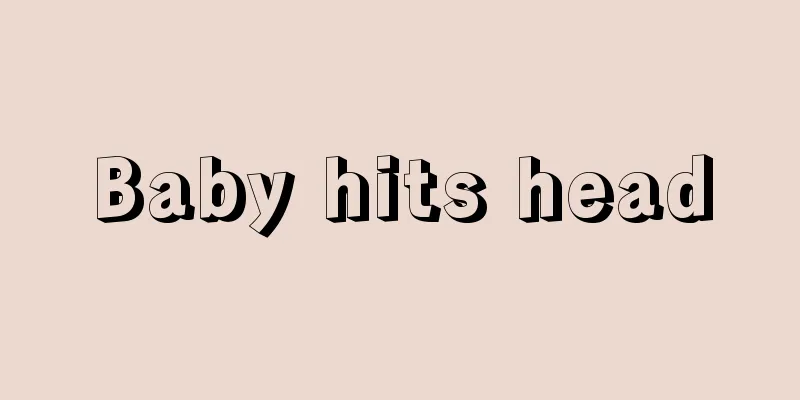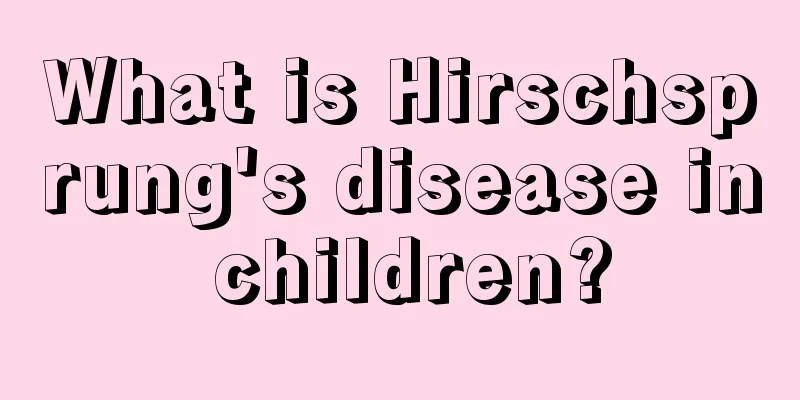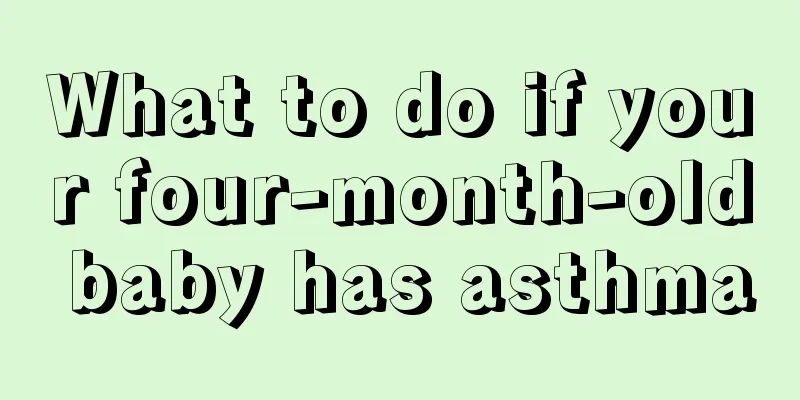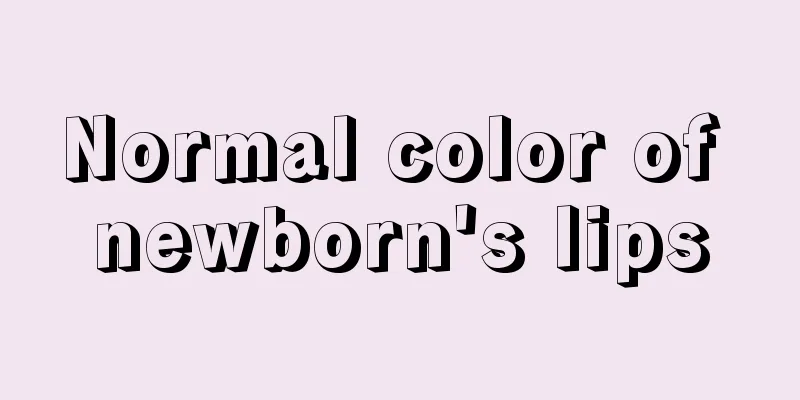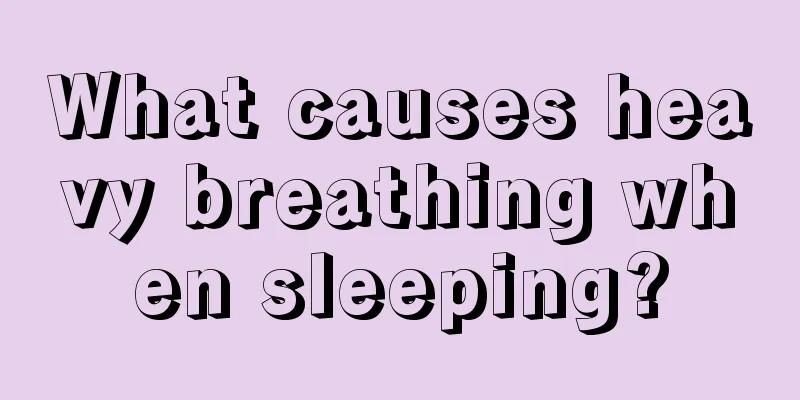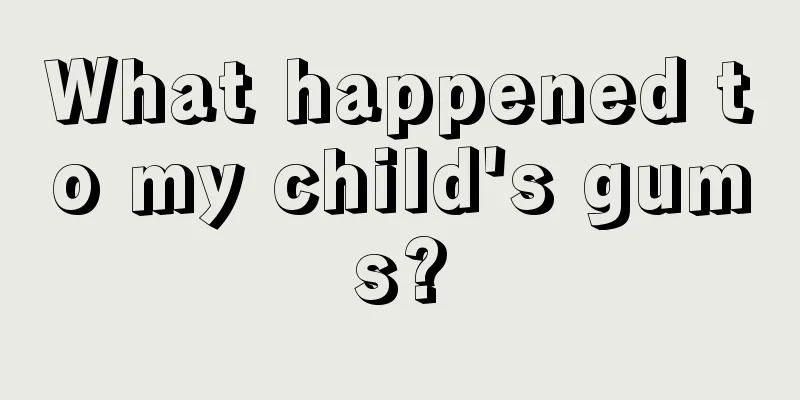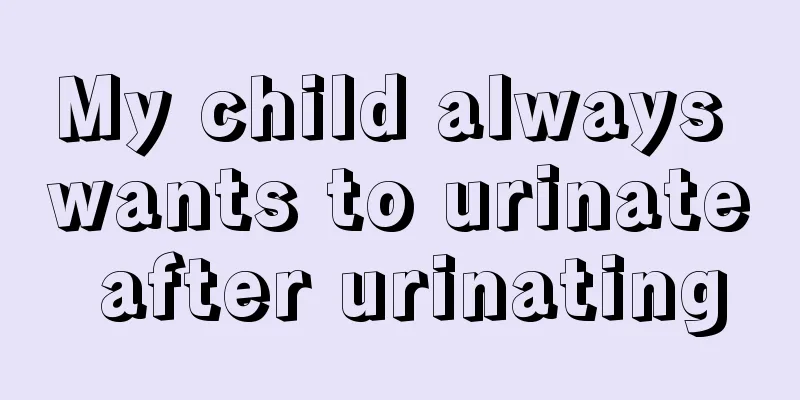Is it normal for babies to foam at the mouth?

|
It is generally normal for babies to foam at the mouth because they are young and their nervous system is still developing. At this time, the child may involuntarily foam at the mouth. At this stage, parents should wipe the corners of the child's mouth frequently to avoid long-term adverse effects of saliva on the skin. Generally, as the child develops well, this phenomenon will disappear on its own. Is it normal for babies to foam at the mouth? The central nervous system and salivary glands of newborns are still immature, and the amount of saliva secreted is small. At 3-4 months, the salivary glands begin to develop and the amount of saliva secretion increases. However, the baby's oral cavity is relatively shallow at this time, the swallowing ability is not fully developed, the movements of lip closing and swallowing are not coordinated, and the excess saliva in the mouth cannot be regulated, so drooling and spitting bubbles are prone to occur. No treatment is needed and it will go away on its own. How to care for a one month old baby 1. Pay attention to the active stage of your baby's motor development. From birth to 2 months old, the baby's motor development is in an active stage. The baby can make many different movements. What is particularly wonderful is that the facial expressions gradually become richer. Sometimes he would make crying faces while sleeping, pouting his lips as if he was very aggrieved, and sometimes he would laugh unconsciously. In fact, these facial movements are expressions of the baby's peace and happiness after eating. 2. Communication with the baby during conversation. For babies who cannot speak, mothers can imitate the baby's voice and make "ah" and "oh" sounds while feeding. Babies are very sensitive to this kind of reaction and will pay close attention to the mother's voice and respond positively. This kind of sound exchange is an essential communication between mother and baby. 3. Early education. Babies over one month old cannot speak, so adults can only educate them from the aspects of vision, hearing, and movement, using colorful toys to train their gaze fixation, and coordinate the two eyes' ability to focus on objects and their tracking ability. Train your baby's hearing ability through singing, listening to music, etc. Take some toys and let the baby try to catch them to train his physical coordination. The salivary glands of a one-month-old baby are not fully developed, and the baby cannot spit out saliva on his own, so it is completely normal for the baby to spit bubbles. Parents do not need to worry too much. This situation will gradually improve when the baby grows up a little. Parents just need to wipe the baby's chin frequently and keep the skin dry. |
<<: Three month old baby blowing bubbles
Recommend
What are the dietary precautions for children with asthma?
Because children have relatively weak physical re...
Can children eat beef when they have a fever?
If we talk about what disease is the most common ...
How to deal with children's fever in summer
Most children who have a fever in summer are betw...
Can children take a bath when they have chickenpox?
When their children get chickenpox, the parents a...
Is it normal for twins to be one big and one small?
Twins are very common in life. They are usually f...
Does pediatric massage work for cough?
It is common for children to catch colds, especia...
Is it good for children to eat donkey-hide gelatin?
Donkey-hide gelatin is a very suitable tonic for ...
The child was born with many red spots
Children's skin is usually very delicate. For...
Diagnosis and differential diagnosis of jaundice
The incidence of jaundice is very high for babies...
What are the porridges that are good for children’s spleen and stomach?
Medically speaking, babies' spleen and stomac...
The harm of antipyretic drugs to babies
We all know that although antipyretics are effect...
Red rash on child
Skin rashes can make people feel very scared, bec...
2 year old baby retching
If you find that your baby is retching, you must ...
How to treat spleen and stomach deficiency in a 6-year-old child?
Although people's quality of life is graduall...
Reasons why children wet the bed at night
It is quite common for children to wet the bed at...
